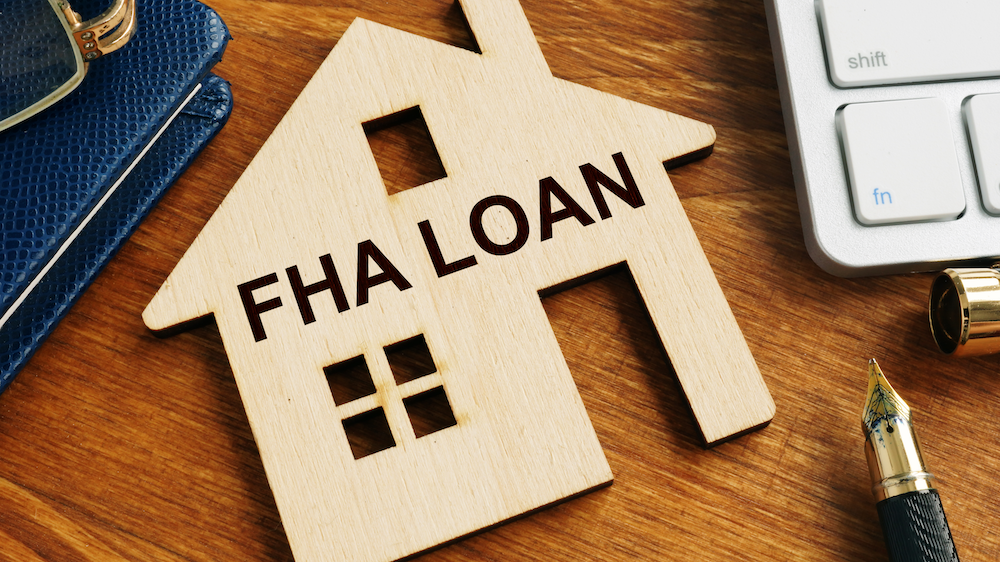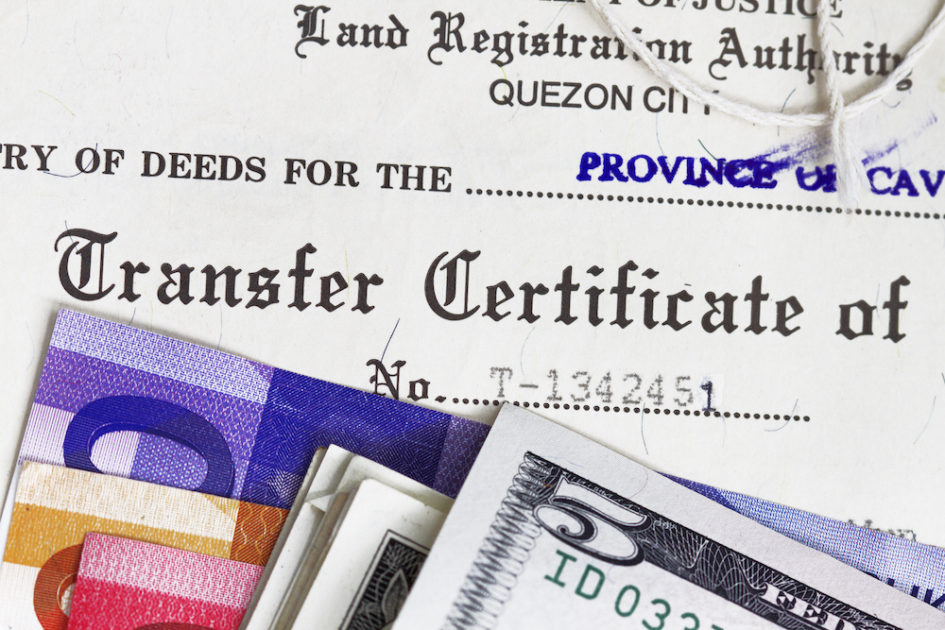
What Is Mortgage Insurance?

Here’s a statement that will shock no one: buying a home is expensive. There are down payments, home loan premiums, appraisal fees, legal charges, taxes, and the list goes on and on and on….
Considering all the things you have to spend on just to purchase property, mortgage insurance may seem like just another expense designed to drain your pockets.
But what is mortgage insurance, really? Do you actually need it, or is it an avoidable expense? And what’s a fair price for insurance on a mortgage?
Keep reading, for the answer to those questions and more.
What Is Mortgage Insurance?
When a mortgage lender gives you money to buy a home, there’s always the risk that you will default on your payments. That’s why they ask for your credit score and a down payment – they want to reduce that risk as much as possible and minimize their potential losses.
This is where mortgage insurance comes in.
You usually can’t get a conventional loan with less than 20% down payment because the lender doesn’t want to assume too much risk. Now, most people don’t have tens of thousands of dollars to spare. But that doesn’t mean that they’re effectively priced out of buying property.
They just need to buy mortgage insurance.
With most insurance, the person who takes out the policy is the one being protected. That’s not the case with mortgage insurance. If you default on your mortgage payments, mortgage insurance guarantees that the lender will still be paid back, at least partially.
Since the lender doesn’t have to worry as much about whether or not you can pay off your mortgage, they’ll be more likely to approve you for a home loan, even if you have less than 20% down payment.
For example, let’s say you want to buy a house that costs $100,000, but you only have a 10% down payment of $10,000. Normally, you would not be able to get a home loan. But with mortgage insurance, you can get around that requirement.

Important Terms To Understand
Before we dive deep into the ins and outs of mortgage insurance, it’s important for you to have a solid grasp on the important terms. These are:
- Down payment: This is how much money you have to pay upfront when purchasing a home. For a conventional loan, you’ll need at least 20% of the total price. If you have less than 20%, you may need mortgage insurance before you can be approved for a loan.
- Loan-to-value ratio: The loan-to-value (LTV) ratio is the ratio of your down payment to how much you need to borrow from a lender. For example, let’s say that you already have 20% in cash. You’ll have to borrow 80% – that’s an 80% LTV, the minimum for most conventional loans.
But if you buy mortgage insurance, you can have an LTV as high as 95%. That means that you can potentially become a homeowner with as little as a 5% down payment.
- Coverage: This is how much your mortgage insurance covers in case you default on your payments. No insurance guarantees the full mortgage; at most, they may cover up to 35% of the loan amount.
- Mortgage premium: Your mortgage premium is how much you have to pay every month to pay back your loan. In some cases, loan providers will bundle insurance with mortgage premiums (along with other fees) so that you only have to think about one amount.
Types Of Mortgage Insurance
The kind of mortgage insurance you need depends on what kind of home loan you want. Here are the key differences between the two main categories of mortgage insurance.
Private Mortgage Insurance (PMI)
You will need private mortgage insurance (PMI) if you’re planning to get a conventional mortgage. Most PMIs charge a monthly rate of 0.5%-1% of the loan amount, but that could change depending on several factors which we will get into later.
The good thing about private mortgage insurance is that you can stop paying it once you hit 20% equity in your home. For example, if your home costs $100,000 and you contributed a 5% down ($5,000), you only have to pay mortgage insurance until you’ve paid back an additional $15,000 to your lender.
There are many different kinds of PMI. The most common is borrower-paid PMI, where you pay an insurance premium every month. There’s also single-premium insurance PMI, where you pay an upfront lump sum first to reduce your monthly payments. Make sure to ask your insurance provider about the different options so that you can find the one that works best for you.
Mortgage Insurance Premium (MIP)
A mortgage insurance premium is pretty similar to private mortgage insurance in most respects. The major difference is that you need to have a Federal Housing Administration (FHA) loan to qualify for an MIP.
FHA loans are backed by the government and have looser requirements. This makes them an attractive option for buyers with low income, small down payments, or poorer credit scores.

MIPs are paid with an upfront lump sum of 1.75% of the total loan amount. There’s also a minimal monthly mortgage insurance premium that ranges from 0.45% to 1.05%.
Although MIPs usually cost less than a PMI, you have to pay it until the entire loan is paid off. If you want to cancel your insurance after reaching 20% equity, you have to convert your Federal Housing Administration (FHA) loan to a conventional one first.
When Do You Need Mortgage Insurance?
Not all home buyers need to buy mortgage insurance. If you have enough for a 20% down payment, you can get approved for a home loan without insurance. But if you want to put down less than 20%, or if you have FHA loans, mortgage insurance is a requirement.
A PMI can be canceled as soon as you reach an LTV ratio below 80%. And once your down payment and principal mortgage payments reach 22% of the total purchase price, your lender is legally required to cancel your PMI for you.
As for MIPs, you have to pay them until you’ve paid off your entire FHA loan. However, you can cancel your mortgage insurance by refinancing your government-backed loan into a conventional one and reaching at least 20% equity.
How Much Does Mortgage Insurance Cost?
The cost of your mortgage insurance is calculated as a percentage of your total loan amount. The average PMI ranges from as low as 0.2% to as high as 2.85% – for a $100,000 loan, that’s anywhere from $200 to $2,850 a month. And that’s just for insurance alone; this is what you pay on top of your mortgage premiums.
Rates also vary from lender to lender, so it’s important to shop around before settling on one. We’ll talk more about the different factors that impact your rates in a bit.
One important thing to note is that while borrowers are often the ones on the hook for mortgage insurance, that isn’t always the case. There are types of mortgage insurance that are technically paid for by the lender, but the cost is factored into your monthly premiums.

Factors That Affect Your Mortgage Insurance
If you want to understand how your mortgage insurance rates are calculated, you need to understand the considerations that lenders make. These include:
- Down payment/loan amount: The bigger you give upfront, the less you have to borrow from the lender. This has the biggest direct impact on your monthly insurance rates.
- Coverage: Mortgage insurance doesn’t cover the whole amount. You can choose how much coverage you want, ranging from around 20% to 35%. Many lenders have a minimum coverage requirement that varies depending on your LTV – the lower your LTV ratio, the lower the coverage you need to qualify for a mortgage.
- Credit score: Your credit score tells lenders how much they can rely on you to pay your debts. People with high credit scores often get more favorable insurance rates. Keep in mind that only PMI considers credit scores. Higher scores won’t benefit you if you have an MIP.
What’s The Difference Between Mortgage Insurance, Mortgage Title Insurance, & Mortgage Life Insurance?
Mortgage insurance protects the lender in case the borrower doesn’t pay back their loan. This shouldn’t be confused with mortgage life insurance, which helps to cover the mortgage in case the borrower passes away.
Mortgage title insurance is another type of insurance that you might need to get. This protects both you (the buyer) and the lender in case there are problems with the title down the line. For example, if someone else aside from the seller is claiming ownership of the property you just bought.

Conclusion
To the uninitiated, mortgage insurance may seem like just another way for the real estate industry to get more money out of you. But in reality, it helps many future homeowners get loans that they otherwise would not qualify for.
Still, if you’re not careful, the costs can really add up. Avoid unnecessary expenses with Wesley LLC’s consulting services. Reach out to us to find out how we can help you get the best mortgage insurance rates!